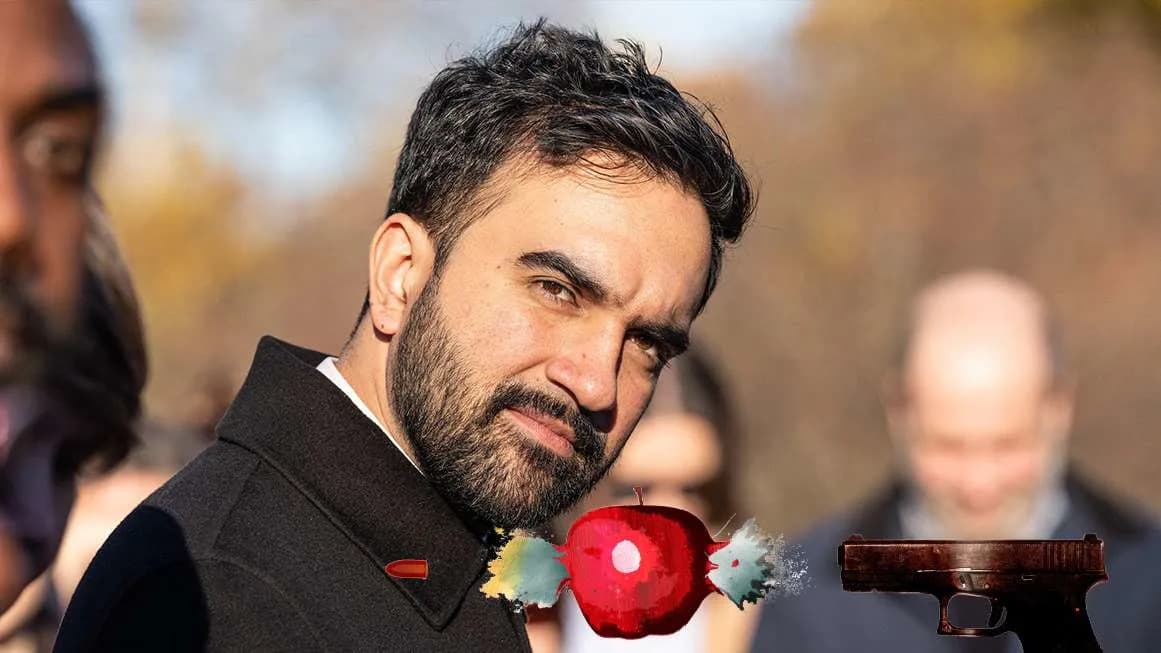Key points: The government plans to abolish elected police and crime commissioners (PCCs) and transfer their powers to regional mayors or council leaders to save an estimated £100m this Parliament. There are currently 37 PCCs; the roles are due to end when current terms finish in 2028. Cambridgeshire and Peterborough mayor Paul Bristow said he would appoint someone to carry out PCC duties if responsibility moves to him and named incumbent Darryl Preston as a likely choice. Both Bristow and Preston stressed the need for better police funding and a smooth transition.
Government to Abolish PCCs — Cambridgeshire Mayor Says Duties Could Still Be Carried Out Locally

Cambridgeshire and Peterborough's mayor says the county's police and crime commissioner (PCC) functions could continue in practice even if the post is officially scrapped. The government has announced plans to eliminate the elected PCC roles and transfer their responsibilities to regional mayors, a change it says could save around £100m over this Parliament.
What the change would mean
Under the current system there are 37 elected PCCs across England and Wales, a role introduced 12 years ago to strengthen police accountability. The government says the posts will be abolished when the current commissioners' terms end in 2028, with their powers moving to elected mayors or to council leaders.
Local reaction
Conservative Cambridgeshire and Peterborough mayor Paul Bristow told BBC Radio Cambridgeshire that if the PCC responsibilities become his duty he would appoint someone to carry out the work. He said the county's current Conservative PCC, Darryl Preston, "would probably be at the top of the list" to perform those functions under the mayor.
"If I do get this responsibility, which looks to be the direction of travel, I would have to appoint a police and crime commissioner to work — or deputy mayor to work — under me anyway," Bristow said. "I don't think [people] care too much who's in charge; they want more police on the beat, more criminals caught and the law enforced."
Bristow also argued that the priority should be better funding for the force: "We need more police officers, we need more money... that's what the government should be focusing on, not rearranging the deckchairs on the Titanic."
In response, PCC Darryl Preston said: "While we await the detail of how this is going to look in Cambridgeshire and Peterborough, I want to reassure people that I remain committed to delivering the priorities within my Police and Crime Plan and supporting partners in keeping our communities safe. I will be working closely with the mayor to ensure a smooth transition at the appropriate time."
Government rationale and timeline
Labour's policing minister Sarah Jones told the Commons that the PCC model, introduced by the Conservative/Liberal Democrat coalition government in 2012, had "failed to live up to expectations" and "not delivered what it was set up to achieve." The government proposes shifting PCC powers to mayors or council leaders to streamline governance and save public money, with the change taking effect when current terms end in 2028.
Observers say the practical impact will depend on how mayors choose to exercise their new responsibilities — whether they directly oversee policing or delegate the day-to-day role to an appointed official. In Cambridgeshire, both the mayor and the incumbent PCC emphasise continuity and the need for improved resources for frontline policing.
Help us improve.




























